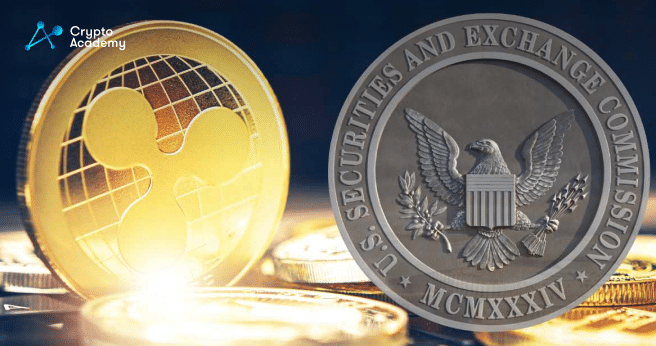SEC Requests Permission To Appeal Ripple Ruling

The U.S. Securities and Exchange Commission (SEC) has taken a pivotal step in the ongoing legal saga involving Ripple’s XRP token, as it files a motion requesting permission to appeal a recent federal court ruling. The ruling, delivered by Judge Analisa Torres last month, concluded that secondary sales of XRP are not securities. The SEC’s move signals its intent to challenge this decision, claiming that there are “substantial grounds for difference of opinion” regarding the application of securities laws to cryptocurrencies.
A Disputed Verdict and an Appeal
The heart of the matter lies in the interpretation of the Howey test, a criterion used to determine whether a financial transaction qualifies as an investment contract and thus falls under securities regulations. The SEC contests Judge Torres’s rulings on two key points: first, that “Programmatic Sales” of XRP in the secondary market do not satisfy the Howey test, and second, that “Other Distributions,” such as payments for services, also fail to meet the criteria.
The SEC references another recent case involving Terraform Labs, where a different judge reached a divergent conclusion. This discrepancy provides the SEC with strong grounds for appealing Judge Torres’s decision, highlighting the ongoing uncertainty and evolving legal landscape surrounding cryptocurrency regulations.
XRP and Ripple’s Future in the Balance
The motion filed by the SEC underscores its determination to establish a consistent framework for applying securities laws to the rapidly evolving crypto market. The agency argues that the source of purchase for XRP should not determine whether Ripple had created a reasonable expectation of profit for investors. This point aligns with the core principles defining an investment contract and adds weight to the SEC’s assertion that the legal status of XRP’s secondary sales should not differ from that of the token itself.
As news of the SEC’s appeal request spreads, legal experts from both sides of the spectrum offer their perspectives. Joe Carlesare, a proponent of Bitcoin and an experienced litigator, supports the SEC’s move. He notes that promotions by crypto issuers equally impact both direct purchasers and secondary market buyers. Carlesare’s assertion highlights the interconnectedness of the crypto market and how it relies on development teams to drive token value.
On the opposing side, Sandy Seth, a lawyer advocating for XRP, criticizes the SEC’s stance as “utterly ridiculous.” He questions the agency’s logic in appealing the decision when Judge Torres ruled that XRP itself is not a security. Seth raises a pertinent question: If XRP is not considered a security, how can its sales be classified as sales of a security?
The SEC’s bid to appeal the Ripple ruling underscores the complexity of regulating cryptocurrencies within the existing legal framework. As the crypto market continues to evolve, the differing interpretations of securities laws highlight the need for a unified approach. The outcome of this appeal could potentially set a precedent for how secondary sales of tokens are regulated, influencing not only Ripple and XRP but also shaping the broader landscape of cryptocurrency trading and investment.

Comments are closed.